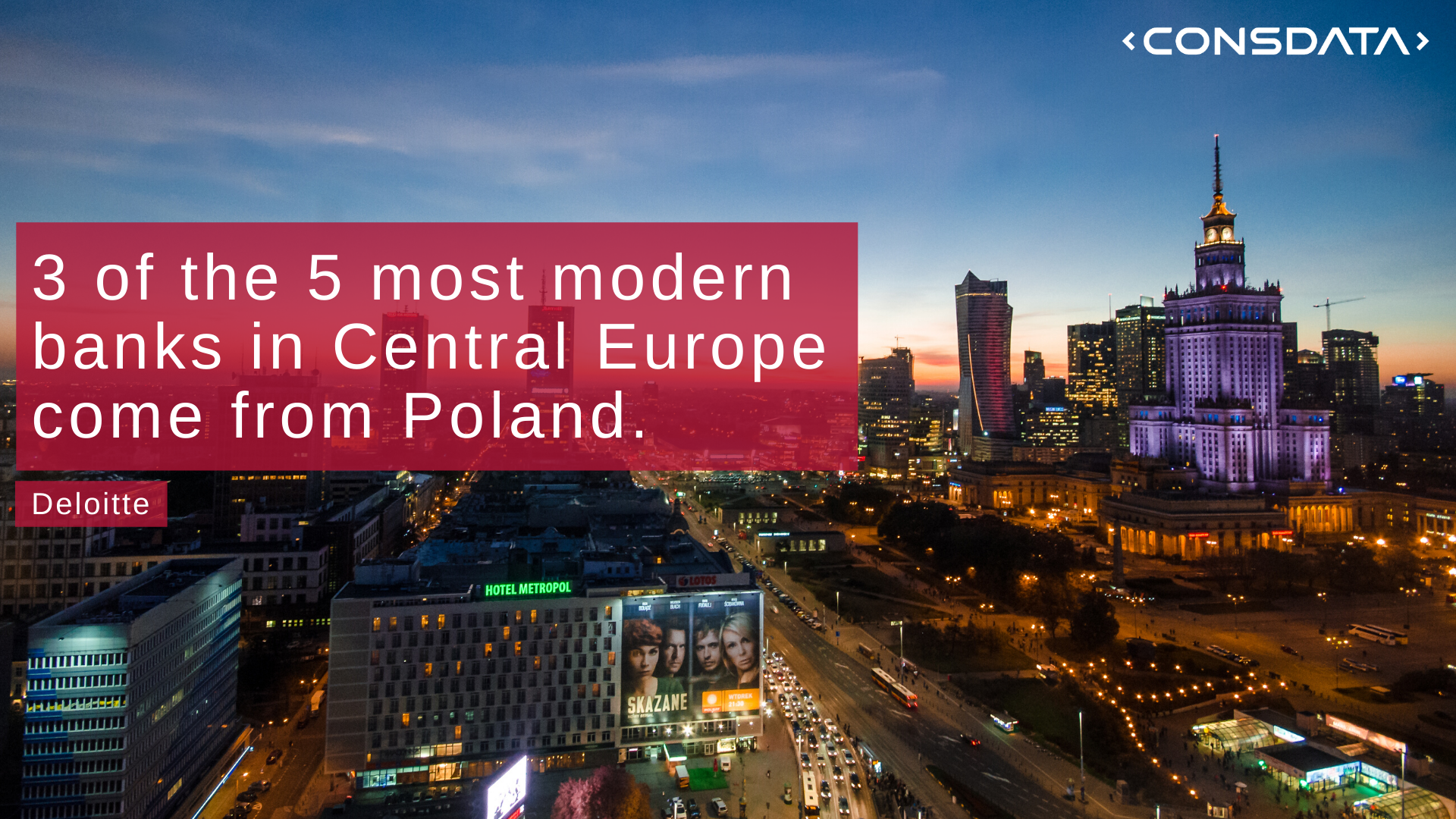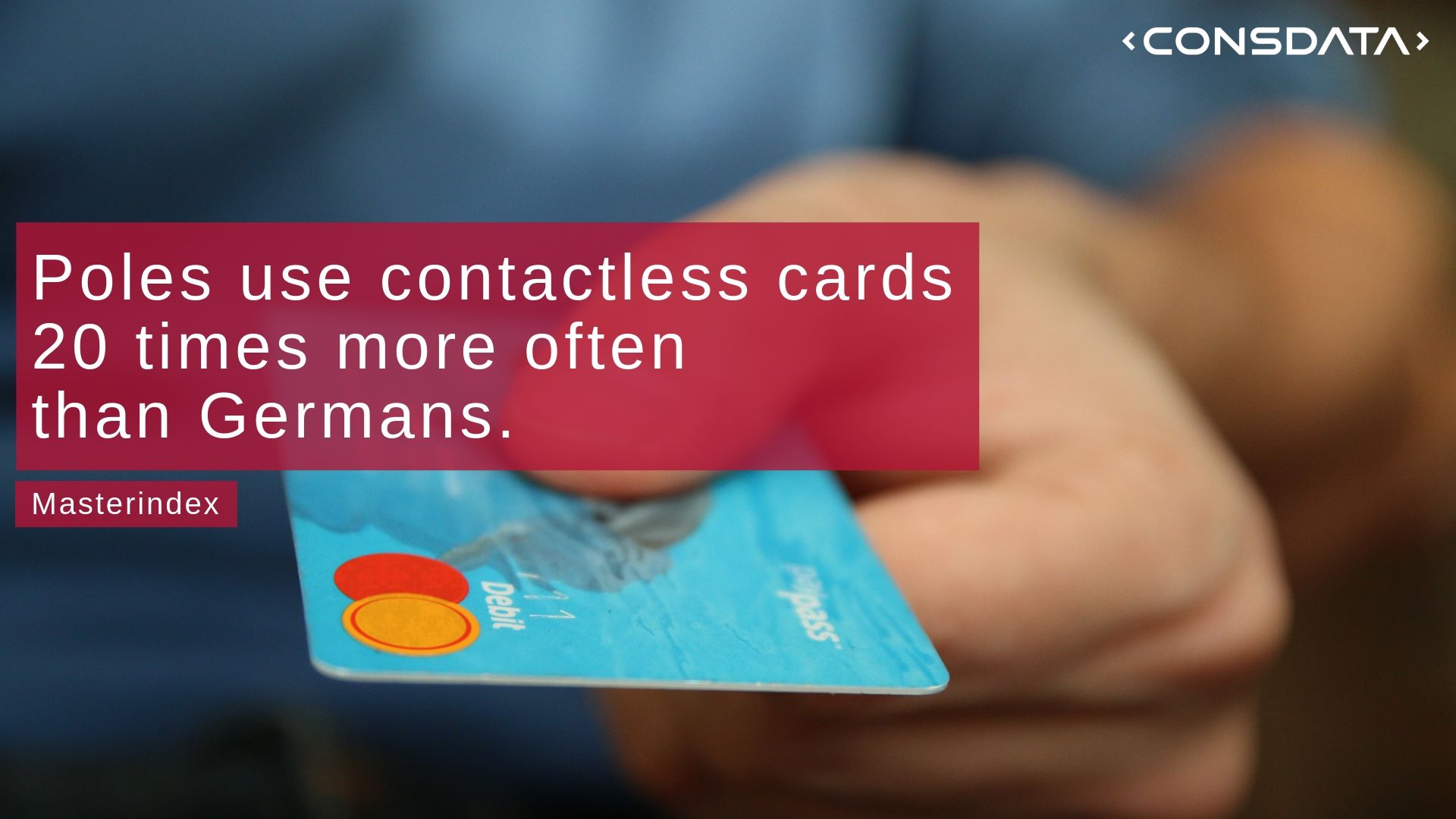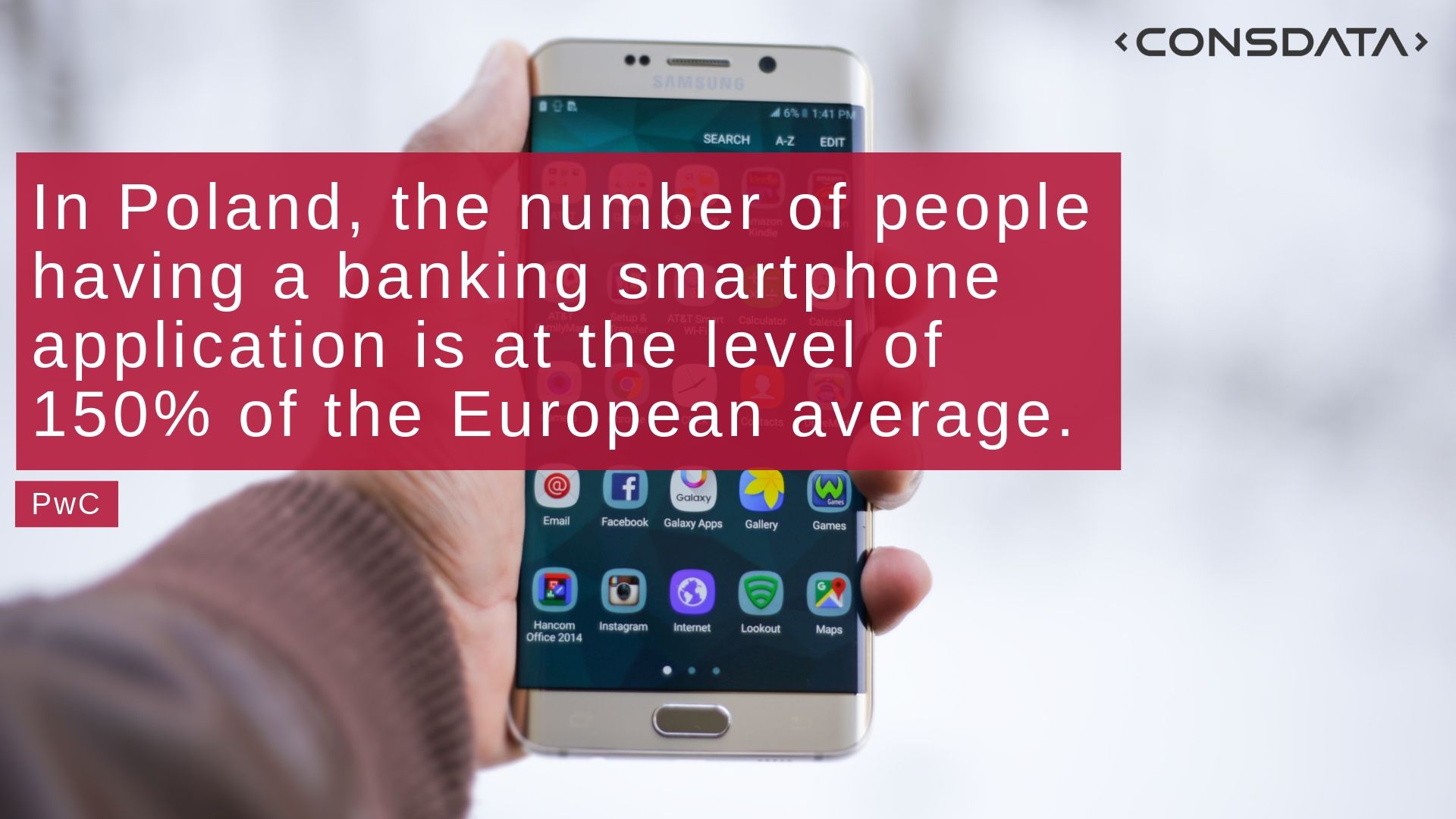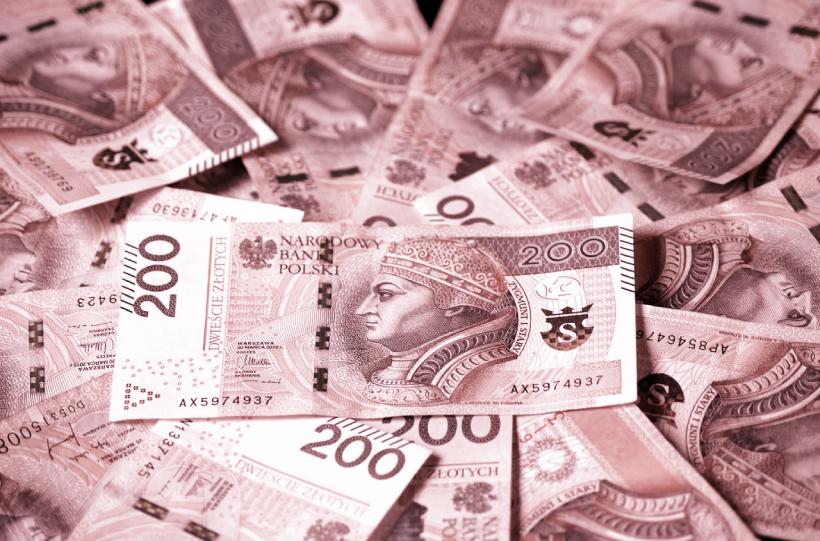According to Delloite, the Polish banking market is the leader of digital maturity in Internet and mobile channels. The "CE Banking Outlook Winning in the Digital Arms Race" report in the top five most modern banks in Central Europe distinguishes 3 banks from Poland. How come that a country which only 30 years ago freed itself from communism is now brilliant in the world of banking? What can global financial institutions learn from Polish banks? In this article we will try to answer these questions and make the financiers think, especially since many of them work in companies with branches in Poland.

The fall of the wall... the beginning of the boom in banking
Although in the so-called "West", the symbolic fall of communism is associated primarily with the fall of the Berlin Wall, one cannot forget that the Berlin Wall would not have fallen if it had not been for the events in Poland, where Lech Wałęsa was the leader of the changes. For Poles, the "fall of the Wall" is as symbolic as it is for Berliners, because the citizens of Poland saw such a metaphor to break the chains of communism in the song by Jacek Kaczmarski, "The Wall", which became a symbol of the fight against the regime.
There is a reason why we cite this short history lesson in this article. During the communist era, some people were lucky enough to have been able to go to West Germany to earn their living. They could observe how the world could move forward when it was not overwhelmed by communist ideology. These people then returned to their homes, friends and family and told them about the "modern world". This is how the great thirst for modernity was born in Poles, which still lasts to this day.
After the fall of communism in Poland, the era of capitalism began. Due to the open market, the previously barren field has grown by 70 new banks, which started intensive efforts to attract customers. Smart managers cleverly used the need for millions of Poles to immediately taste "modernity". Every bank invested a lot of money to transform the Polish banking market from almost zero to a technological leader as soon as possible. Poles were so hungry for technological innovations that they were luckily indifferent to the cheque stage, which slowed down the development of banking in other countries. Poles immediately fell in love with transfers and later debit cards. Thus, they overtook the use of banking technologies by the citizens of many countries, whom they had envied a few years earlier in the "modern world".
Polish banking has never slowed down
It might seem that Poles so delighted with the new dimension of banking will settle on their laurels, and the pace of banking development will slow down with time. Nothing could be further from the truth. The pace of banking development accelerated every year, just like the entire Polish economy. It is enough to mention that Poland was the first country to undergo economic transformation from communism to capitalism and was included in the group of economically developed countries. This fact was quoted in 2018 by opinion-forming, international media, such as The Telegraph. Continuous economic growth caused an increase in demand for new banking products and services. The banks have gladly responded and continue to respond to this demand. They are constantly creating new solutions and modern payment methods for Poles. This results in a dynamic development of other branches of the economy, such as e.g. e-commerce.

In the publication "Assessment of the functioning of the Polish payment system in the first half of 2017", the National Bank of Poland referred to the results of the study "Masterindex 2017: Pan-European E-Commerce & New Payment Trends". It turns out that Poles are currently the European leader in terms of online shopping, contactless payments and distance to cash payments. Benefits related to the speed and convenience of online payments for online shopping made it possible for 9% of the Polish population to buy online every day in Poland. For comparison, the opposite side of the results are Estonians and Lithuanians - 2% of them shop online every day, and nearly 50% less than once a month. Poles are also very aware of the security associated with such transactions, which is less visible in other European countries. For example, Internet payment systems which require the customer to provide a login and password to their bank in order to make a payment, in Poland have not been accepted. It happened for reasons of security, as well as violation of regulations created by Polish banks. Polish companies have developed safer and more efficient solutions in this area.
The real revolution of recent years, however, is making contactless payments in stores. Every fourth Pole pays for his purchases in the same way every day, which is a number three times higher than the European average and 20 times higher in comparison to contactless transactions made in Germany. It turns out that something that for many Europeans is still unreachable (almost half of the population of Europe has never paid in a similar way), for Poles it has become an ordinary everyday life.
Mobile Technologies
Mobile banking applications are unlikely to replace the still popular debit and credit cards. However, it is the development of mobile technologies that often determines the way banks follow their customers' expectations. Once again, it should be mentioned that Poland also stands out in this field. In February 2019, an annual "Mobile Banking Apps" report was published, created by the British retail banker international magazine. For the second year in a row, the IKO PKO Bank Polski application was named the best mobile application in banking in the world. The Polish bank outperformed such giants of the banking industry as JP Morgan Chase, Barclays or Bank of America.
Such a dynamic development of mobile applications is again a consequence of the high openness of Poles to new technologies. PwC's report "Financial Sector increasingly #fintech" clearly shows that the use of banking mobile applications in Poland (over 61% of phone owners have it) is growing significantly above the European average (40% of phone owners). All this makes it possible for foreign banks to follow the example of Poland by introducing or modernizing technologies that have proved their worth in Poland and have become popular in the Polish market.

How did this happen from the technological point of view?
One innovation generates another innovation, and this accelerates the generation of profits. That's how technological progress works in every area of life. Polish top managers in the banking sector, who are very strongly focused not only on innovations within their own institutions, but also on innovations that are available to the entire banking market, know this very well. The managers of banks in Poland, taking care of the profits of their institutions, are able to create technological partnerships with other banks, developing the whole banking sector at the same time. Such attitudes make it possible for technological novelties created by one bank to be copied and improved by others.
In Poland, there is sometimes even a perfect cooperation of banks with each other. This was also the case with the introduction of the Polish BLIK payment standard to the banking market (technology of short codes generated by mobile applications that enable the payment to be made). Polish banks have noticed an opportunity for innovation in mobile and Internet payments and have themselves created the infrastructure for its implementation. Today in Poland, BLIK can be used to pay for online shopping, withdraw money from ATMs, pay at the terminal in a shop, or transfer money to another user's phone. In Q1 2019, Poles made as much as 40 million PLN transactions with the use of BLIK codes, which is a triple increase compared to Q1 2018.
Social benefits supported by internet banking
The Polish banking market also cooperates with the Polish government, supporting the perception of social services and benefits. The programme of digitalization of public service standards in Poland is developing with the support of banks. Using Internet banking, Poles create trusted profiles and then log on to the websites of domestic institutions such as the Social Insurance Institution (ZUS).
However, the biggest challenge of the recent years has been the government's "Family 500+" programme. By adopting the programme of universal financial support for families, Poland faced the challenge of handling millions of applications and then executing millions of money transfers. There was little time for technological preparation for the programme. In this area, seven Polish banks were helped by the eximee platform, thanks to which in 2.5 months banks prepared themselves to launch an electronic form for the granting of benefits.



